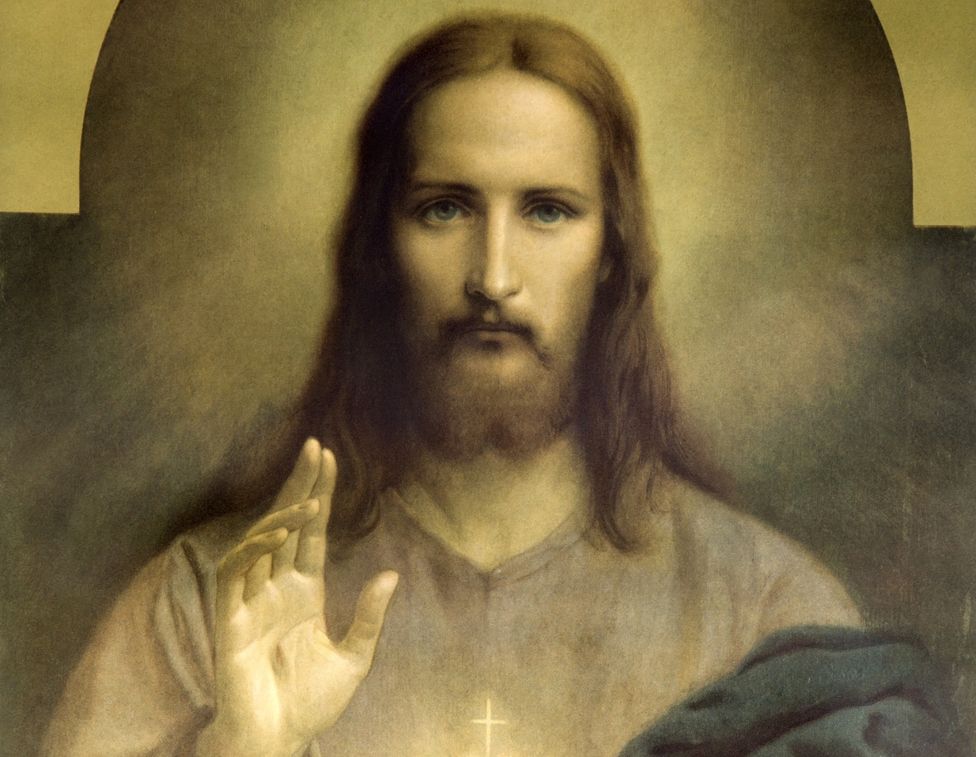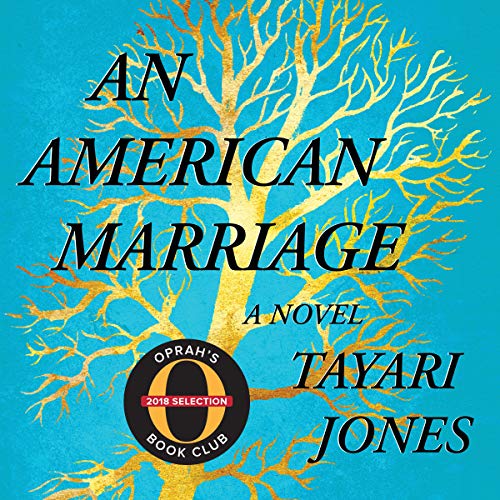Posts filtered by author: SoupWanderer
Love Island Teaches Us More About Jesus' Love than the Average Christian Sermon
by SoupWanderer /
2021-10-24

Love Island is a show that has captured my interest ever since the world started watching it during the COVID-19 pandemic. The premise is sickeningly schmaltzy. A dozen hot British (although the franchise has gone international) people do nothing but lounge around in pools wearing fast-fashion bikinis most likely assembled by women in the Global South while trying to find that one thing every person craves under alienated capitalist society: true love!
When one first starts watching the show, you feel really, really good about yourself. No matter how dense or helpless you may consider yourself to be, you can rest assured that your depth as a human being most likely surpasses the people on this show, who are quite frankly dumb as rocks. All the women describe their desired type as “tall, dark and handsome”, and yet pretty much the only men this show sends in look like this:

Don’t even get me started on the disparity in looks between the men and the women! But that’s for another time. Most people who watch Love Island consider their viewership sinful; the implication is that being invested in the everyday shenanigans of this vapid bunch is something we should all be ashamed of. Yet personally, I consider Love Island to be redeeming to humanity - the deeper you go, the more self reflection it invites. At the beginning, you feel incredibly smug about yourself - watching these people flit about and sometimes talk for minutes on end about nothing other than how attracted they are to each other, you have to wonder: “Am I… better? Than… everyone?” And you certainly can’t be blamed for feeling that way! One is probably watching this show with friends, reflecting on how their everyday conversations are much deeper and more introspective. But this horribly shallow process, the “getting-to-know-you” stage, invites this sort of reaction precisely because we are self-conscious about our own shallow conversations that are simply not on display for the world to see. Think of the way one comports themselves in a brand new environment, be it a workplace, a school club, or a new partner’s family. Can many of us really say that our ice-breaker conversations are much more deep and profound than those of the people on this show? And as the show progresses, we do actually become invested in the people on this show. This season I fell in love with the emotionally intelligent gems Teddy and Millie, and the boundlessly effusive Jake and Liberty. I was incredibly let down by the flawed and fierce Faye, who struggles with so much self-loathing that she has to be cruel to those around her. I was disgusted by the actions of men like Liam and Tyler, who seriously made me consider the case for a matriarchal society. And I was baffled by the duo of Toby the clueless himbo, and the shrewd marketing executive Chloe, who for some reason fell for him. And ultimately, I do believe that Love Island forces us to turn a mirror upon ourselves and realize that none of us is more deserving of divine salvation than another. Merely by the way that the show displays people at their best and their worst (and the worst can be truly despicable), we are forced to confront our own past sins and follies. Some of them are more egregious than others, but I hearken again to the lesson of the Good Samaritan; are we really better than these people on the side of the road? If we ourselves are single, can we really say we are incapable of recognizing the desire for love and the mistakes we make to end our own loneliness? And if we are in a relationship, can we look upon its course and remark that it has been seamless and without trial? And when we see devastating breakups and affairs, do they not remind us that love itself is about opening your heart up to the possibility of ruin? Half of Love Island is about watching people who are very bad at being in relationships trying to discover how to actually make a relationship work with the person that they love - only every messy step is cast into stark relief on national television.
And for all the mess and drama, some people really do end happily. Some of these couples end up married and now have children. I think that when they do work out, they really exemplify how love is a feeling that is universal to us all - even the most foolish, vapid, and doltish people can find a permanent life partner. The path to that union is almost never perfect, but somehow they have managed to arrive. When it comes to falling in love (and sometimes even staying in it), Love Island shows us that no one is really better than anyone else at it. We may think ourselves much more noble and grand than the people on the screen, but their subsequent bonds humble us deeply - whether by reminding us of our own shortcomings, by showing us legitimate love in the face of all doubt, or by showcasing the shocking heartbreak that no one is safe from if they choose to love. It reminds us that in many of life’s emotional pursuits, anyone can end up battered and bloody on the side of the road - which is precisely why we must embody the Good Samaritan and extend our hand.

I'll come out honestly and say that I really don't think Tayari Jones's An American Marriage lives up to the hype. I have no clue why Oprah picked it for her book club, nor why it received such effusive praise from outlets such as The New York Times and The Atlantic. Don't get me wrong, it is incredibly well written. The author is skilled at writing and the prose is vivid and beautiful. But for approximately ⅔ of the book, we are merely flicking through a plot that is grounded in horrific and timely circumstances, but that has a strange emptiness of soul. It is like looking at one of Celestial's poupees, which are perfectly adorable and artistic, but something is ever so slightly off.
Deciding you don't like a book is always a tricky situation, especially when it is being widely praised as "Brilliant and heartbreaking..." (USA Today) and "Epic... Transcendent... Triumphant..." (Elle). It's not really heartbreaking as it is frustrating, and it's not really triumphant. Where are these book reviewers getting their adjectives from?
Part of what makes the book simultaneously easy to flick through and hard to read is that two of the three narrators are not really likable nor engaging characters. Nearly every time I read anything by Andre, whose defining characteristic is being "sweet" (which apparently stands in place of any serious personality), my eyes glazed over and I just flicked for plot. Celestial is more real but difficult to sympathize with. My biggest problem with Celestial is that she is selfish, but doesn't commit to what she's selfish about! Since her relationship with her husband Roy is the most closely explored, we best understand why she ultimately ends their relationship after he is wrongfully imprisoned for half a decade, because as she says, "A marriage is more than your heart, it's your life. And we are not sharing ours". That I resonate with, that made sense to me. But instead of proceeding with a divorce, Celestial continues her relationship with Andre while keeping Roy in limbo. That makes no sense, and it makes the "love triangle" in this book feel seriously contrived. Seriously, this relationship is not a love triangle - it's more like a love anglerfish, where the union of Celestial and Andre is solid and whole, like a female anglerfish, while Roy is basically the tiny male anglerfish, desperately trying to hang on while withering away.
What makes a book good or bad? Is it just because the characters are likable or unlikable? Because we don't like where the plot ends up? Of course not - enjoyment is subjective, but quality is objective. I'll give you one thing that I consider a pretty big knock against the potential of the book - Tayari Jones spent one whole year researching America's prison industrial system, and it barely makes it into the book. She even acknowledges it herself in the post-book essay. And in general, that's probably where the book fails the most. It has lofty aspirations to talk about the prison system, class inequality, intergenerational trauma, and love. But it fails at seriously examining any of those things, most disappointingly of all, love! Making your characters talk about love with embroidered sentences does not convince me that they love each other. Half of the time that I read about Roy and Celestial say that they loved each other, I felt that they were trying to convince themselves and me, which doesn't make for a very strong case. Celestial seems self-aware of this towards the end; Roy, not so much. For me, that's disappointing. They're both far more caught up in their own aspirations to live a bourgeois life, to buy nicer houses and scale up their doll store. And maybe that is the ultimate takeaway from this book, which is about many things but is ultimately supposed to be about love. Maybe the ultimate takeaway is that to chase being a part of the bourgeoisie under capitalism requires you to be atomistic, and requires you to forsake the idea of loving someone unless all circumstances conveniently line up. If you want to start your career as an artist who embroiders Swarovski crystals on dolls, can you really afford to wait for a husband who's in jail, no matter how wrongfully he was convicted? Doesn't it make sense that you have to erase his existence to preserve your reputation as an artist extraordinaire, not the perpetual wife of a prisoner?
The book isn't all bad - one of the things I cherish the most is reading about the true love between Roy's working-class parents, Big Roy and Olive. If you decide to read this book, I recommend you really appreciate the sections about them. They teach us that love is not about convenience - it's about rolling with the punches of someone else's decisions and choosing to live your life alongside them, loving them so deeply that when they pass, a piece of you goes into the earth with them. It is something precious, that no Swarovski crystal nor Mercedes Benz can ever replace.
